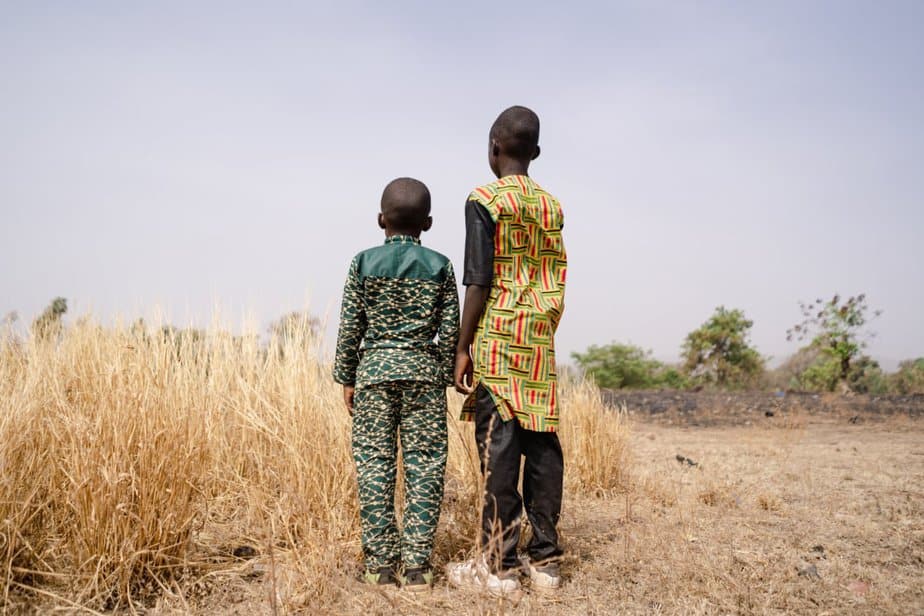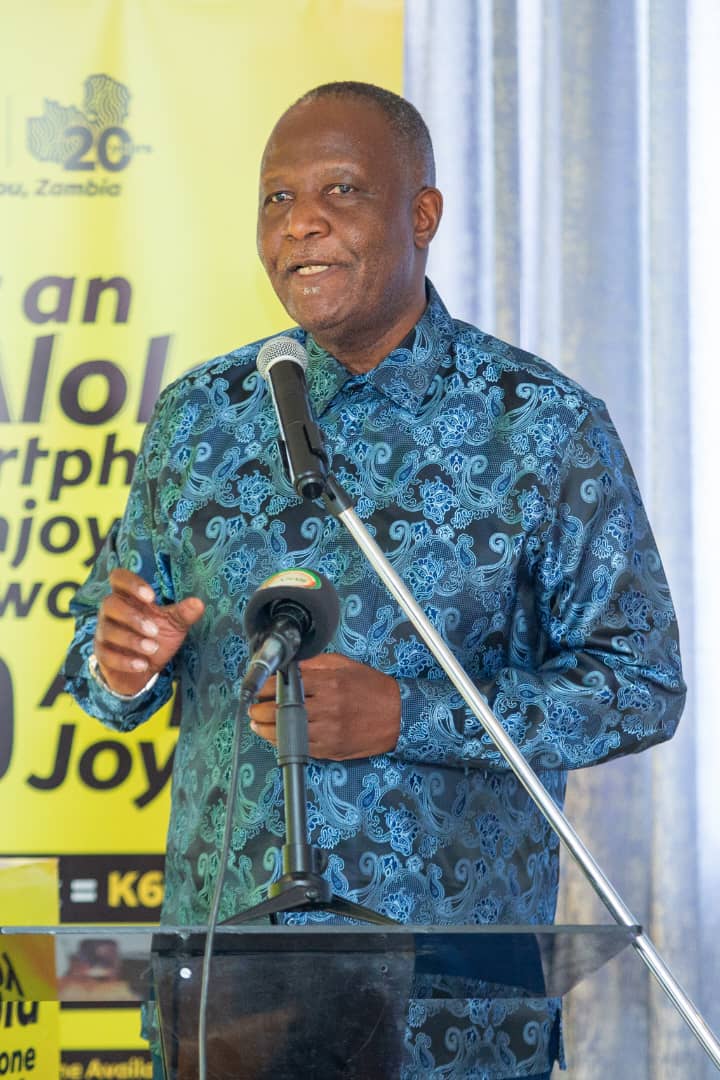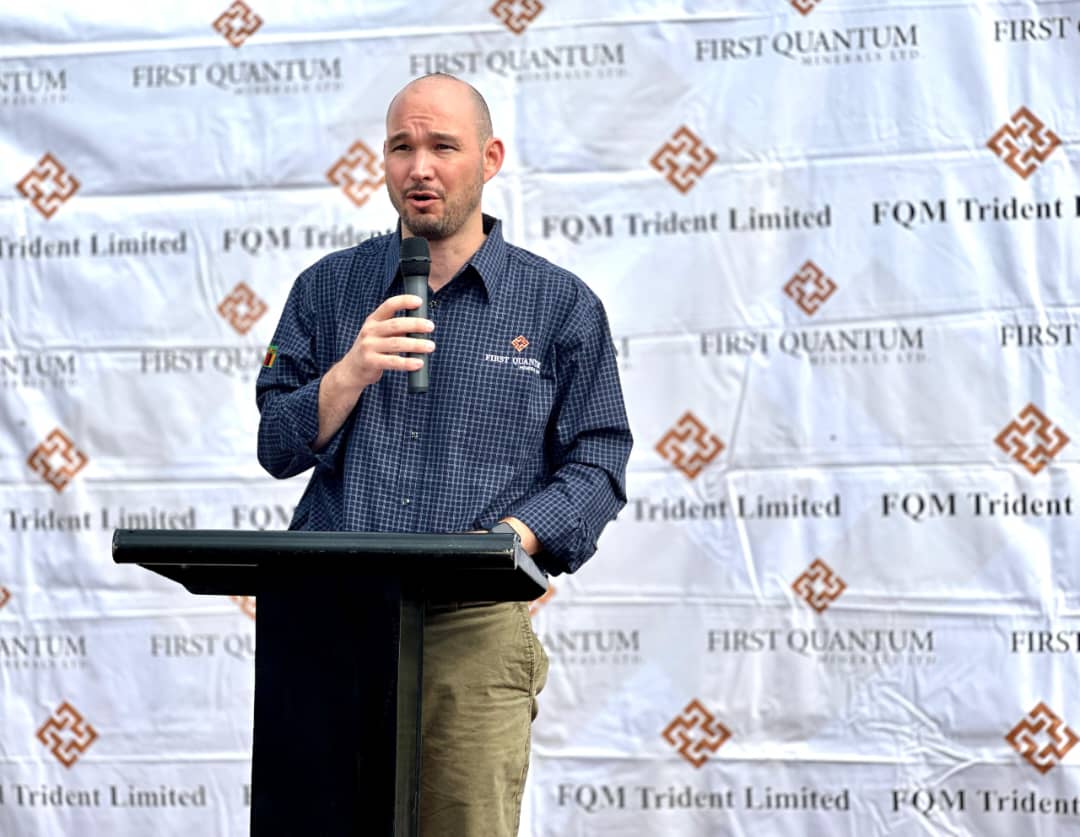Africa’s oil producers may also profit from higher oil global consumption and prices, but this poses a strain on more African countries than it benefits.
Finally, in an effort to reduce their gas dependence, governments in Western Europe are driving up demand for wind and solar power raw materials and components, increasing prices and reducing their availability for companies keen to develop renewable energy projects in Africa. Poorer families in Africa are most affected by price increases because food and energy bills make up a bigger proportion of their expenditure than for the more wealthy.
The UNDP forecasts that rising food and energy prices could push another 71m people into poverty. UNDP Administrator, Achim Steiner said: “Unprecedented price surges mean that for many people across the world, the food that they could afford yesterday is no longer attainable today.”
Mitigation options
The measures adopted by governments around the world to mitigate the effects of the crisis fall into two interconnected categories: macro-economic measures designed to balance their economies and policies to cushion the impact of price rises on their populations.
However, tackling one of these often has a negative impact on the other. Reining in wage increases helps contain inflation but hits living standards, while cutting income tax helps people cope with the crisis but drives up debt, inflation and government borrowing costs. Governments can attempt to rein in their borrowing requirements by cutting expenditure but this too hits living standards.
Popular measures include energy subsidies for everyone and cash transfers for the poor. The European Union has introduced a price cap on power tariffs of €180/MWh, while France has gone further by freezing gas prices at October 2021 levels and capping electricity price increases at 4% until at least the end of the 2022.
However, UNDP Head of Strategic Policy Engagement George Gray Molina commented: “While blanket energy subsidies may help in the short term, in the longer term they drive inequality, further exacerbate the climate crisis, and do not soften the immediate blow of the cost of living increase as much as targeted cash transfers do.”
The impact of the crisis and potential solutions varies massively from country to country in Africa. The government of Botswana forecasts a budget deficit of 3.4% of GDP this year but its very low debt levels mean that it is relatively well placed to ride out the storm. However, few other countries fare as well.
At 7.8%, inflation is higher in Kenya than at any time over the past five years and many people have had to switch from kerosene to firewood for cooking, while public transport has also become unaffordable for many. Conscious that prices for basic foodstuffs are rising far faster than overall inflation, the Kenyan government has raised the minimum monthly wage by 12% and increased fuel and fertiliser subsidies.
One of the most obvious solutions is to increase lending to cushion the short-term impact of the crisis, with the IMF usually the first port of call. However, the multilateral is sticking by its usual conditions on new loans, requiring governments to rein in spending in return for support, with subsidies and the salaries of state employees top of its list.
There is some worth to such advice in normal times but the two approaches bring risks at present, both in terms of depressing living standards and providing fertile ground for civil and political unrest.
Tunisian shortages
The Tunisian government is reluctant to enact the usual IMF medicine in return for a hoped-for $3-4bn loan. The country is already being badly affected by food shortages, including of rice, cooking oil, coffee and sugar, forcing the government to introduce rationing and expand its existing system of food subsidies.
As a result, subsidies now account for 8% of GDP, almost double the rate recorded last year, with Tunis blaming black marketeers for manipulating prices. Sovereign debt is forecast to reach 83% of GDP by the end of this year, although this is roughly on a par with most European economies, while the value of the dinar has fallen through the three dinar to the US dollar barrier.
The government is banking on a new IMF loan to help it maintain the current level of support but negotiations over the terms are taking longer than planned, in large part because the IMF wants the government to cut both salaries for state employees and subsidies.
U-turn for Accra
Ghanaian President Nana Akufo-Addo had previously pledged that he would not turn to the IMF for support but reversed his decision because of the severity of the situation and began talks with an IMF team in Ghana in September.
Despite his slogan of ‘Ghana Beyond Aid’, he announced that the government would “negotiate a good deal with the IMF. A deal that would allow us to revive our economy and to continue the task of building an even stronger economy than we had before”.
Other sources of borrowing have disappeared because the country’s credit rating has been downgraded. Ghanaian trade unions fear that the eventual deal will result in salaries being frozen.
The crisis has exacerbated economic problems that were growing even before the pandemic. Despite being one of Africa’s best economic performers over the past 20 years, Ghana’s reliance on imports has steadily increased, making it particularly vulnerable to global price rises and supply chain dislocation.
Inflation hit 37.2% in Ghana in September, the highest level since the turn of the millennium, while the debt-to-GDP ratio reached 77% at the end of 2021 and is set to rise significantly during the course of this year.
Traders have complained that the falling value of the national currency, the cedi, coupled with rising fuel costs, have driven up logistics costs, which tend to be priced in US dollars. The IMF team said that Ghana’s “fiscal and debt vulnerabilities are worsening fast amid an increasingly difficult external environment”.
Accra must do more to increase revenue collection but this is a problem shared by most African governments. It imposed a fee on electronic transactions earlier this year to generate more income but the policy has proved very unpopular.
It was one of the main issues that provoked street demonstrations in July, when protestors clashed with police. Pressure on living standards saw teachers strike in support of their demand for a 20% pay rise, although a compromise of 15% was eventually agreed.
The UNDP has called for direct cash handouts for the most vulnerable and wants the industrialised world to extend the Debt Service Suspension Initiative that was set up to support developing countries through the Covid-19 pandemic.
It argues that such cash transfers are more “equitable and cost-effective” than blanket energy and food subsidies that help the rich as well as the poor, which “in the longer term… drive inequality, further exacerbate the climate crisis, and do not soften the immediate blow”. Even some richer countries, such as Japan, have already adopted cash handouts.
In the long term, structural changes in production are needed. Increasing local production, particularly of basic foodstuffs and agricultural inputs, would help to cushion African economies from such international crises but this is more of a medium and long-term solution than anything that can help over the next 12 months. Nevertheless, boosting African agricultural production of key staples has proved a challenge when it is often cheaper to import them, even when shipping costs are taken into account. Much is made of promoting food security but more needs to be done to reduce local production costs.








